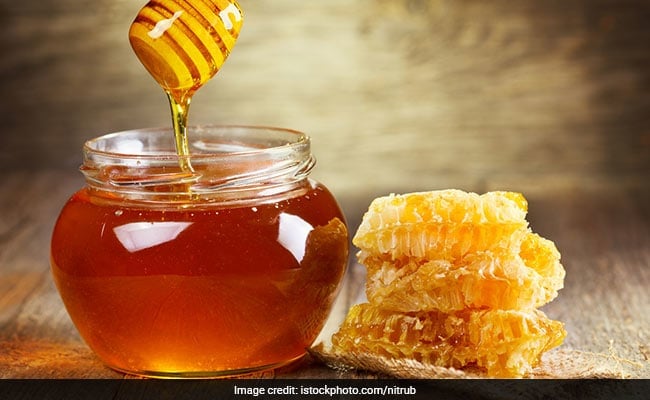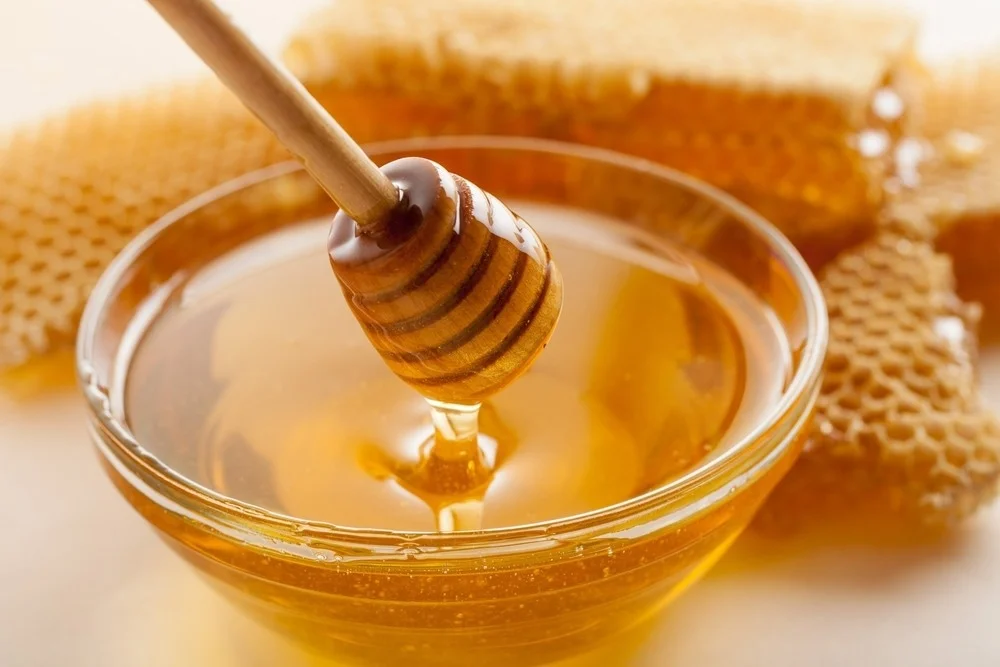
Honey is a natural sweetener made by bees with enormous benefits in the food, pharmaceutical, and cosmetic industries. Formerly, honey has had the image of being natural, healthy, and free from contamination. However, in the present time, honey is produced in an environment contaminated with all sorts of pollutants and from varying sources.
Aside from primary sources of contamination which is difficult to do away with, honey faces secondary sources of contamination. Primary sources of contamination of honey occur when the bees themselves act as agents or carriers of the pollutants whereas human activities like adulteration constitute some of the secondary sources of contamination.
News about contaminated honey has gained media attention and such developments counteract the numerous health benefits associated with honey. There are several reports that suggest honey as a reservoir of microorganisms. Bacteria, yeast, and molds are some microorganisms that have been isolated from honey. Some of these microorganisms found in honey may be from the honeybee itself and also from the external environment. It has been established that the intestine of bees contains 1% of yeast, 27% of Gram-positive bacteria, and 70% of Gram-negative bacteria.
However, the purity of honey is able to deal with these microorganisms. Honey in its pure state is acidic; contain less moisture and viscous and these properties make honey a hostile environment for microorganisms to thrive.

So, what then makes honey not as pure as we think? As stated earlier, human activities constitute sources of contaminants found in honey. Chemicals like pesticides used in agriculture have found their way into honey. Also, mining and other industrial activities that result in the production of heavy metals have contributed to heavy metal contaminated honey. Excessive intake of honey with heavy metals and pesticide residues has been linked to chronic toxicity such as impaired kidney function, nephritis, and anuria. Take your smartphone and search for pesticides and/or heavy metals contaminated honey, I guess the results will be scarier than the content of this article.
According to the United States Center for Disease Control and Prevention, honey should not be given to infants less than a year. Do you know why? Well, the leading cause of infants’ botulism is as a result of feeding babies with raw honey exposed to dust contaminated with Clostridium botulinum. Thus, the next time you buy honey from the supermarket ensure it is properly sealed. Also, make sure you buy only from retailers who do not leave their honey expose.
Are you aware that the adverse effects of consuming any food with traces of antibiotics are the same as the equivalent dose administered directly? And that carcinogenicity, mutagenicity, and teratogenicity are some of the dangers associated with consuming food with antibiotic residues? Well, the beekeeping industry is among the industries facing the challenge of antibiotic usage in animal production.
Anyway, the good news is that honey is among the rich foods in the world which are monitored for antibiotic residues. The other good news for my fellow Ghanaians is that unlike the global professional beekeepers the Ghanaian beekeepers have little or no knowledge in the use of antibiotics in honey production. So, if you are scared of consuming honey with antibiotic residues then go for the local honey. However, that is not to say the local or Ghanaian honey is entirely free from antibiotic residues.
Do you want to enjoy the quality and safe honey? Then, join me in alerting the Food and Drugs Authority to step up their game by extending their watch to the beekeeping and honey production industry because the quality and safety of our honey have long been left in the hands of the honey producers and retailers.
Written By: Joseph Nzeh
Department of Biotechnology, University for Development Studies, Tamale,
+233246903245/ jnzeh@studentsforliberty.org
Acknowledgment; Dr. Lydia Quansah, Dr. Osman Dufailu, and Dr. Abraham Obeng Kusi.
For adverts, personality/ business profile, article publication, etc. contact us via What’s App – 0574170347
For updates follow us on;
Twitter – @XyloseM
Facebook – @xylosemagazine
Instagram – @xylose.magazine



Can you be more specific about the content of your article? After reading it, I still have some doubts. Hope you can help me.
Thanks for sharing. I read many of your blog posts, cool, your blog is very good.
Thanks for sharing. I read many of your blog posts, cool, your blog is very good.
Thank you for your sharing. I am worried that I lack creative ideas. It is your article that makes me full of hope. Thank you. But, I have a question, can you help me?